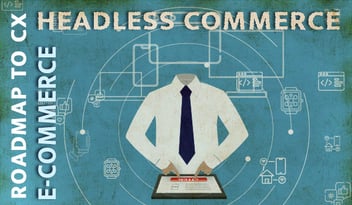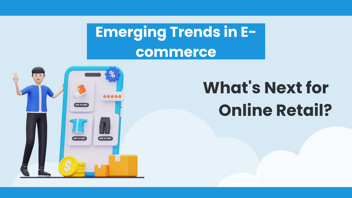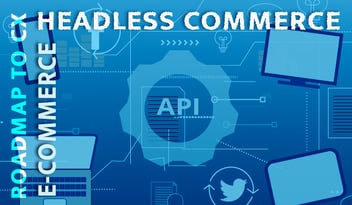When talks of CRMs are thrown around, one huge name that constantly comes to mind is Salesforce. It’s all for good reason. One of those reason is the significant strides Salesforce has made in the e-commerce space. With the advent of Salesforce Commerce Cloud, the company has redefined the digital commerce landscape, making a profound impact on e-commerce initiatives. Today, we will look at the role Salesforce plays in the realm of e-commerce and its implications for businesses looking to leverage Salesforce for e-commerce.
Salesforce: A Dual Powerhouse in CRM and E-commerce
The expertise in CRM for Salesforce is always well acknowledged and their expertise has slipped into the e-commerce industry. This marks a new era for digital commerce platforms that can integrate with Salesforce. The expansion became a cornerstone for businesses aiming to integrate salesforce e-commerce solutions into their strategy.
The Emergence of Salesforce Commerce Cloud
Originally known as Demandware, Salesforce Commerce Cloud became part of the Salesforce family in 2016, underscoring the company's commitment to offering comprehensive solutions that span from customer acquisition to sales. This strategic move has positioned Salesforce as a key player in the e-commerce B2B trends, offering a platform that caters to the nuanced needs of businesses in the digital commerce space.
Salient Features of Salesforce Commerce Cloud:
Unified Commerce Experience: Salesforce Commerce Cloud ensures a cohesive shopping journey across all channels, embodying the principles of omnichannel marketing and salesforce e-commerce integration.
AI-Driven Personalization: Leveraging Einstein AI, the platform delivers personalized shopping experiences, a trend that is at the forefront of ecommerce B2B trends.
Comprehensive Customer Management: By integrating with Salesforce CRM, the platform offers an end-to-end view of the customer lifecycle, enhancing the efficiency of salesforce for e-commerce strategies.
Mobile Optimization: Acknowledging the surge in mobile commerce, Salesforce Commerce Cloud provides a mobile-first shopping experience, aligning with current ecommerce B2B trends.
Integration and Connectivity: The Salesforce Advantage
In today's digital ecosystem, the ability to integrate various tools and platforms is indispensable. Salesforce Commerce Cloud excels in this area, offering robust integration options that enable businesses to have a unified view of their operations, a critical aspect of leveraging salesforce for e-commerce success.
How Businesses Gain from Salesforce Commerce Cloud
Tailored Customer Experiences: AI insights allow for the customization of product offerings, aligning with ecommerce B2B trends that emphasize personalization.
Consistent Branding Across Channels: Salesforce Commerce Cloud ensures a uniform brand experience, fostering customer loyalty and trust.
Informed Decision-making: The integration of data analytics provides comprehensive insights into sales trends, guiding strategic decisions in the salesforce e-commerce context.
Efficient Operations: By consolidating various business processes onto a single platform, Salesforce Commerce Cloud streamlines operations, a key benefit for companies pursuing salesforce for e-commerce excellence.
Takeaways
The role of e-commerce has evolved from merely hosting an online store to creating comprehensive, personalized, and seamless customer experiences. Salesforce Commerce Cloud stands out with its advanced features and integration capabilities, driving the future of salesforce e-commerce and shaping ecommerce B2B trends. For businesses looking to excel in digital commerce, leveraging Salesforce Commerce Cloud offers a pathway to achieving unparalleled success in the competitive e-commerce landscape.

.jpg)



Leave a Comment